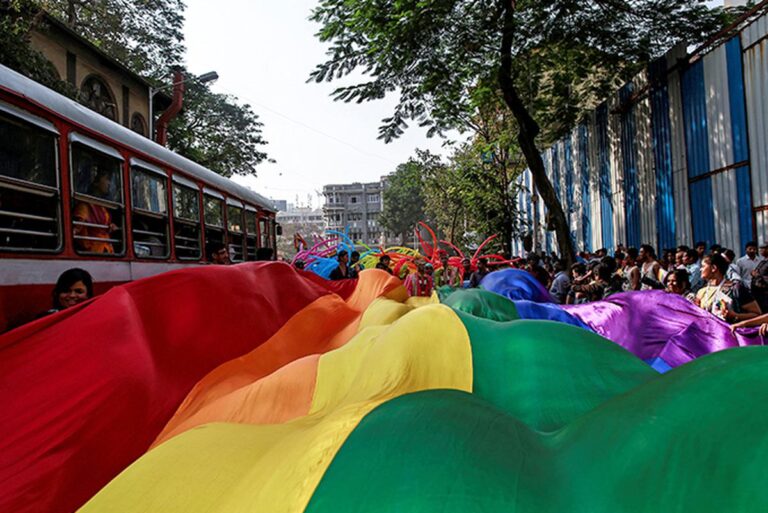Kolkata’s transgender community says elections are just as important to them as anyone else and they want a government that treats them equally with other citizens.
“We too are citizens of India and it is important that we vote, whether it is this election or the next. Scheduled castes, scheduled tribes, Dalits, minorities – they all have to express their views at the ballot box. Similarly, political parties should listen to us. We need to raise the issue so that they can help us,” said Debdatta Biswas, a community member. He has just completed his master’s degree in Bengali and is currently pursuing his degree.
Although not many members of the third gender are registered to vote, many who vote do not seem to support their local political party. “I won’t name any political party, but I think we prefer the central government over state governments and will vote accordingly. We have our reasons for it,” said the director of the Transgender/Hijra Association. , said Ranjita Sinha, a representative of the Bengali community. hinduism.
“The (current) central government has never opposed the transgender movement. In fact, it has set up the Transgender Council. It has also provided shelter and livelihoods to displaced transgender people. We were also introduced to Garima Griha, who trains people to survive and provides treatment. Even during the COVID-19 pandemic, they gave money and food to the people,” Sinha said.
“On the other hand, the state government has done nothing to help us. It is always difficult to go to state government departments with issues related to discrimination, prejudice and violence. Systems for women and girls There are so many, so why is there no system for the transgender community? If women, including widows, are entitled to their parents’ pensions, why shouldn’t transgender children receive them too? Isn’t there?” she asked.
According to the Election Commission of India, only 48,000 transgender people are registered as voters across India. Ms Sinha argued that such low numbers were due to poor training of those conducting the counts. “The census hasn’t been done yet,” she said.
“Our communities have always fought for their rights, but how many rights have they achieved yet? Today, everyone else is struggling with education, rations, health, toilets, etc. We have the right to do so, but our fight continues. We just hope that our public representatives will take up our issues and support our fight.” said Shruti and Devanjan, a transgender couple in the area.
This is a premium article available to subscribers only.Read over 250 premium articles every month
You have exhausted your free article limit. Please support quality journalism.
You have exhausted your free article limit. Please support quality journalism.
read {{data.cm.views}} out of {{data.cm.maxViews}} Free articles.
This is the last free article.

